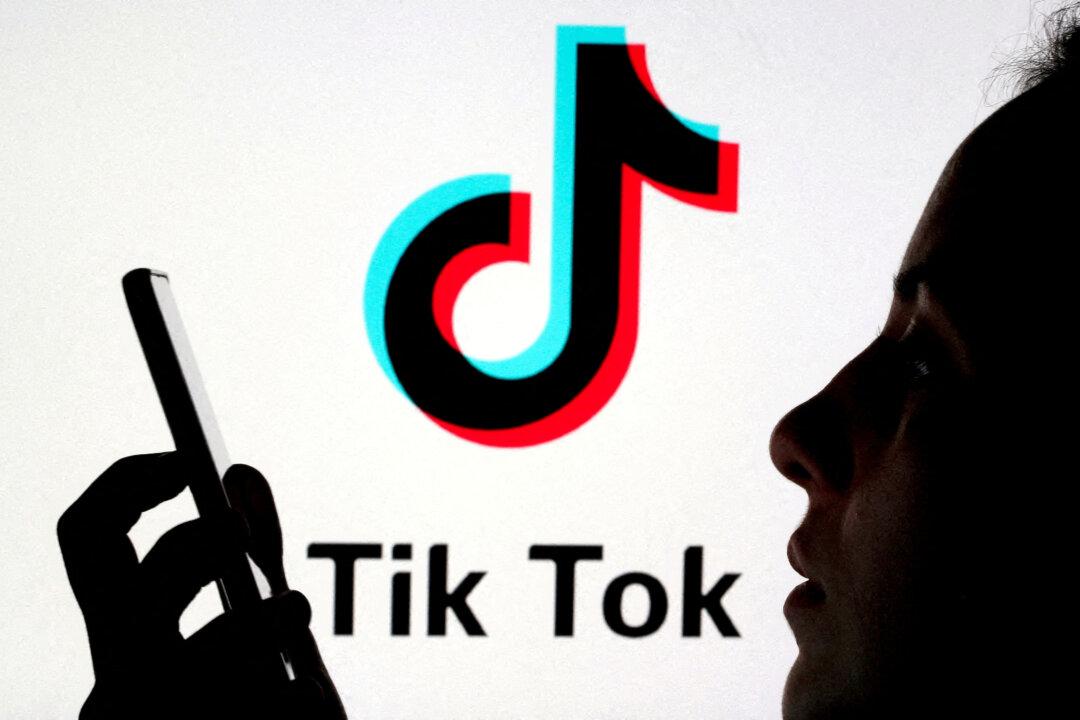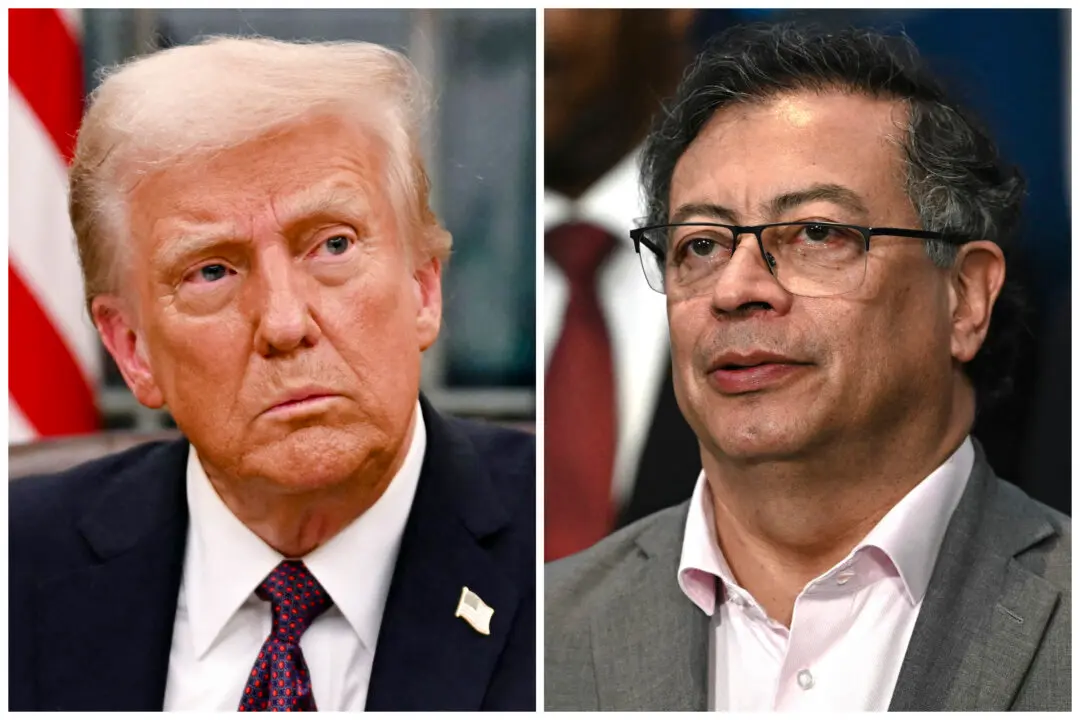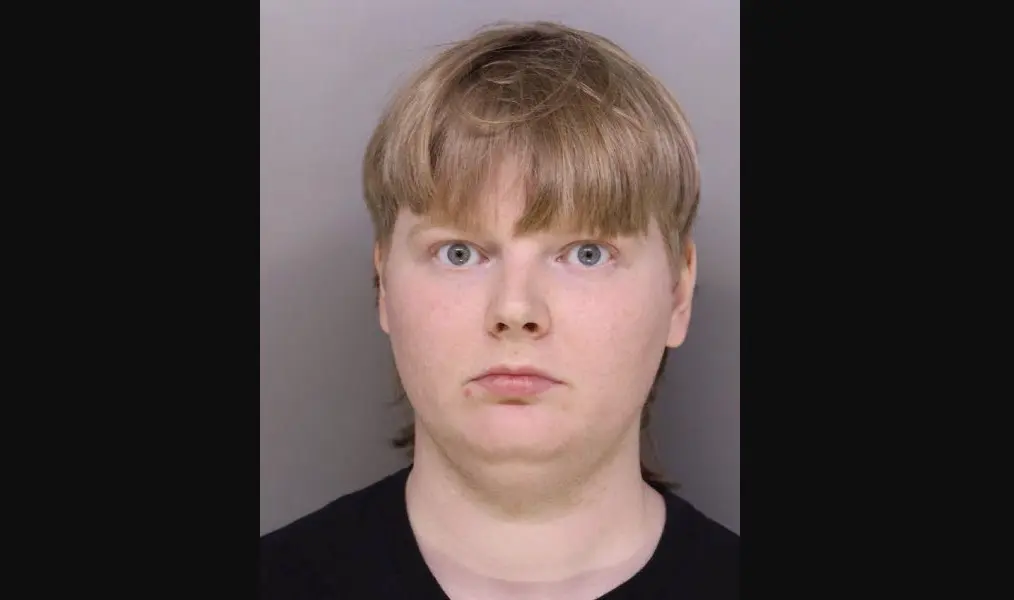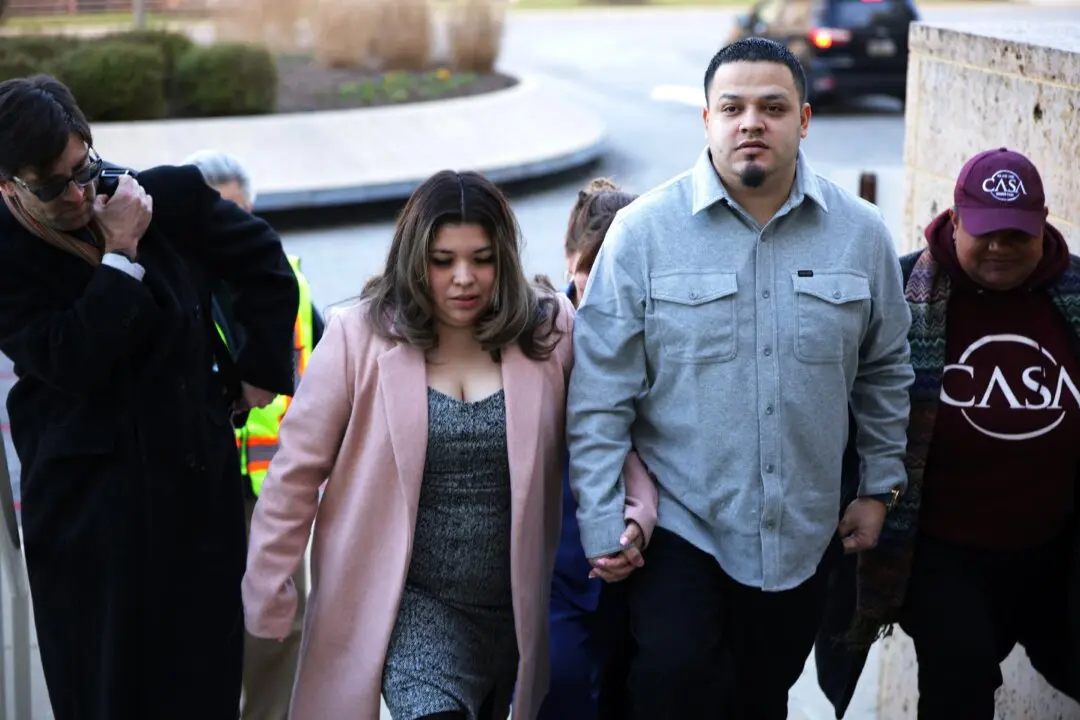Speaker of the House Kevin McCarthy (R-Calif.) said on Sunday that his chamber would be moving forward with legislation to ban the controversial video app TikTok.
The move was expected after testimony from Singapore-based TikTok CEO Chew Shou Zi before members of the House Energy and Commerce Committee on Thursday failed to convince lawmakers that TikTok had separated from its China-based parent company ByteDance and wouldn’t pose a national security risk.





